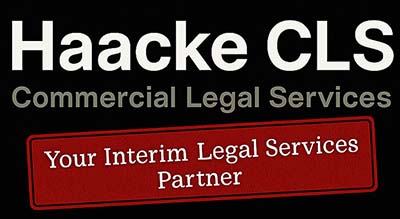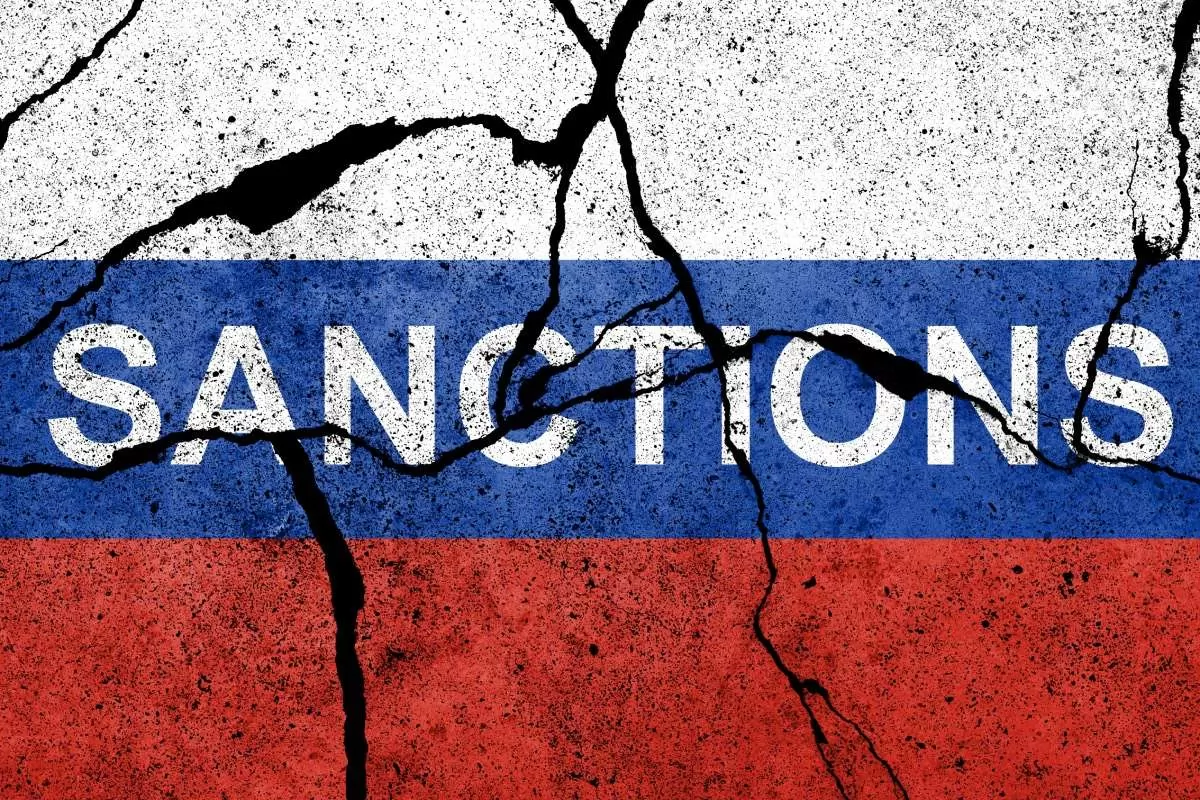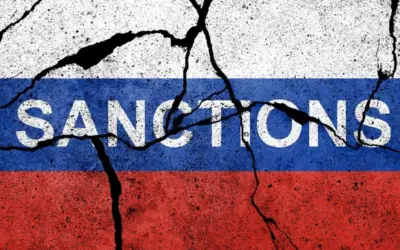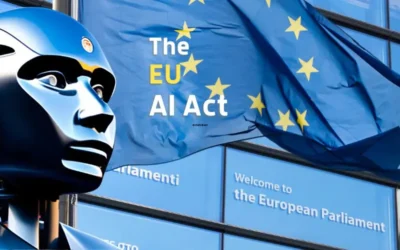1. Introduction: Why This Matters
The EU’s Russia sanctions on professional services have created a complex framework of rules. More than two years into the full-scale sanctions regime, many businesses still struggle to understand what the EU Russia sanctions professional services ban actually means. While many businesses have cut ties with Russian clients, others continue to operate in grey areas, often unknowingly. In addition, many European businesses still maintain subsidiaries in Russia. These, too, are affected by the services prohibition, as they qualify as legal persons, entities or bodies established in Russia.
It is therefore useful to clarify what the services prohibition actually entails. What exactly is banned? What is still allowed? And what risks are companies exposed to – even when providing services from the EU to non-Russian clients or to their own subsidiaries in Russia?
This article provides a practical overview of the EU’s complex and far-reaching service restrictions under the Russia sanctions, the pitfalls companies may encounter, and how to avoid them. I am returning to this topic not only because I find it a particularly interesting legal area, but also because my earlier blog articles – on the legal advisory services prohibition and on the No-Russia clause – continue to attract strong interest and generate traffic on my website. Clearly, this is a topic that continues to raise both legal and operational questions for many businesses.
2. What is the Services Prohibition?
A growing set of restrictions has been introduced since 2022 as part of the EU’s Russia sanctions regime. These measures, set out in Article 5n of Council Regulation (EU) No 833/2014, as amended, prohibit the provision of certain services to:
(a) the Government of Russia; and/or
(b) legal persons, entities or bodies established in Russia.
These prohibitions form the basis of what is commonly referred to as the EU Russia sanctions professional services ban.
They also apply to indirect service provision to Russian entities. According to the European Commission’s official guidance, this includes situations where an EU company provides restricted services to a non-Russian entity – such as a subsidiary or affiliate – if those services ultimately benefit a parent company established in Russia. This type of circumvention is explicitly prohibited under Article 12 of Regulation 833/2014, which bans knowing and intentional participation in activities aimed at evading sanctions.
3. What does the EU Russia sanctions professional services ban prohibit?
At the time of writing, the prohibited services include:
-
Accounting, auditing, business and management consulting, and public relations services (Article 5n(1));
-
construction, architectural and engineering services, legal advisory services, and IT consultancy services (Article 5n(2));
-
market research and public opinion polling services, technical testing and analysis services, and advertising services (Article 5n(2a));
-
the sale, supply, transfer, export or provision, directly or indirectly, of certain software for enterprise management and software for industrial design and manufacture (Article 5n(2b));
-
the provision of technical assistance, brokering or other services related to the above-mentioned goods and services (Article 5n(3a)(a));
-
the provision of financing or financial assistance in relation to those goods and services (Article 5n(3a)(b)); and
-
the sale, licensing or other transfer of intellectual property rights or trade secrets, as well as the granting of rights to access or re-use any material or information protected by intellectual property or constituting trade secrets, insofar as it relates to the above software and its provision, manufacture, maintenance or use (Article 5n(3a)(c)).
These services may not be provided unless an exception applies or authorization has been granted by a relevant national authority.
4. Excepted Services
Examples of permitted services include:
-
Services that are strictly necessary for the exercise of the right of defence in judicial proceedings and the right to an effective legal remedy (Article 5n(5));
-
services which are strictly necessary to ensure access to judicial, administrative or arbitral proceedings in a Member State, as well as for the recognition or enforcement of a judgment or an arbitration award rendered in an EU Member State (Article 5n(6)); and
-
the sale, supply, transfer, export, or provision of services necessary for public health emergencies, the urgent prevention or mitigation of an event likely to have a serious and significant impact on human health and safety or the environment, or as a response to natural disasters (Article 5n(8)).
For more details on bullets 1 and 2, see my article on the legal advisory services prohibition.
5. Authorized Services
In addition, the competent authorities of each EU Member State may authorize the provision of certain services under such conditions as they deem appropriate (Article 5n(9a) and (9b) and, and 5n(10)).
Two examples where authorization may be granted in terms of the list set out under Article 5n(10) include:
-
Services necessary for humanitarian purposes, such as delivering or facilitating the delivery of assistance, including medical supplies, food, or the transfer of humanitarian workers and related assistance, or for evacuations (Article 5n(10)(a)); and
-
services intended for the exclusive use of legal persons, entities or bodies established in Russia that are owned by, or solely or jointly controlled by, a legal person, entity or body incorporated or constituted under the law of an EU Member State, a country member of the European Economic Area, Switzerland, or one of a defined set of partner countries (Article 5n(10)(h)).
The latter is particularly relevant where an EU entity wishes to provide services to one or more of its subsidiaries established in Russia. Until 30 September 2024, such cases were covered by a temporary exemption, but that exemption no longer applies. By offering the possibility to apply for authorization, businesses are afforded an opportunity to continue limited operations in Russia – but only within strictly defined and pre-approved parameters.
6. Common Pitfalls
If no exception or authorization applies to a prohibited service, the safest course is to not provide it, or to cease providing it altogether – however painful this may be from a business perspective. That, after all, is precisely the objective of these sanctions. That said, even companies that believe they have severed ties with Russia may still be exposed – particularly where services are routed through non-Russian entities but ultimately benefit a Russian recipient.
In practice, companies should be alert to the following risk scenarios:
-
Providing back-office services (e.g. IT, accounting, compliance) to non-Russian group companies or affiliates that ultimately serve a Russian parent or client.
-
Supporting joint ventures, distributors or commercial partners that continue to operate in the Russian market.
-
Failing to assess the end use or end user of services provided to third-country clients.
-
Offering general consulting, technical or legal advice to entities with both EU and Russian operations.
-
Delivering centralized group services (e.g. IT, finance, compliance) to subsidiaries established in Russia, in the absence of a valid exemption or authorization.
To be clear: these examples are not drawn from any official list, but are intended solely to illustrate areas where complexities may arise – and where sanctions obligations may unexpectedly apply.
A key compliance question that may assist in assessing the permissibility of a service is therefore not only “who is the direct client?” but also “who ultimately benefits from the service?”
7. Staying Compliant with the EU Russia Sanctions Services Ban
To reduce legal and reputational risk, EU companies should consider doing the following:
-
Screen all clients and counterparties for Russia links;
-
review service contracts for potential exposure to prohibited activities;
-
include sanctions clauses and warranties in service agreements (see also: No-Russia clause: A Guide for EU Exporters);
-
avoid indirect provision by understanding the end use of services; and
-
train staff and consultants on the scope and evolution of the services ban
Staying compliant isn’t just about saying “no” to Russian clients – it’s about understanding how, where, and to whom your services are ultimately delivered.
When in doubt, stop and review – or seek legal advice.
8. Conclusion
The EU Russia sanctions professional services ban remains one of the most complex and far-reaching restrictions currently in force. Any provision of professional, technical or business services to Russian-linked recipients should therefore be preceded by thorough due diligence and close legal review.
The EU Sanctions Helpdesk offers a helpful starting point for identifying whether a planned activity may be affected.
Thoughts, comments or questions? Get in touch!
Gundo Haacke, Interim Legal Counsel & Owner of Haacke Commercial Legal Services.
Blog article published on 7 May 2025.
Image credit: ukranews.com.
Disclaimer
The information provided in this blog article is for general informational purposes only. Nothing contained in this blog article constitutes legal advice, nor is it intended to be a substitute for legal counsel on any subject matter. The author disclaims any liability in connection with the use of this information.



